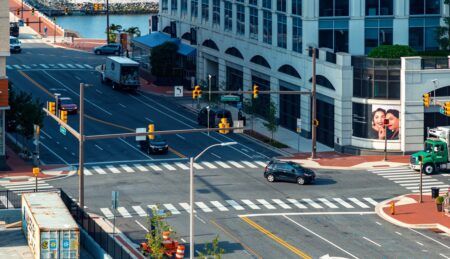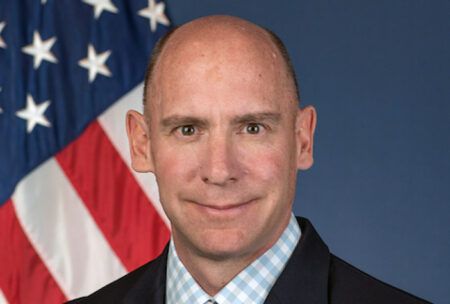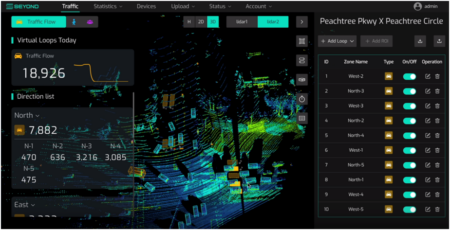The US state DOT roundtable at yesterday’s (November 1) ITS World Congress in Montreal brought together transportation department directors from Maine, Pennsylvania, Delaware, Idaho, Oklahoma, Colorado, Ohio, California, Washington and Minnesota.
A wide-ranging discussion took place focusing on the challenges facing states when it comes to implementing smart mobility solutions. Subjects included autonomous vehicles, lidar mapping, live traffic information, smartphone apps, Bluetooth sensors in construction zones, tire-condition monitoring, connected vehicles and plans for the Super Bowl.
But one particular subject dominated proceedings, and that was the need to communicate the benefits of advanced traffic management and smart mobility to the general public.
“People in our communities see what the private sector is doing they’re kind of excited about it, but with transportation, other than when they get stuck in traffic or they hit a pot hole, it’s not on their radar,” said Roger Millar (above), director of Washington State DOT “But they are concerned about the quality of the housing. They are concerned about the relationship between where they live and where they work. They are concerned about public safety. They are concerned about their children’s futures. So we need to turn this into a conversation about mobility and transportation as a means to an end of an enhanced quality of life, better public health, greater social equity and a more aesthetic environment.”
Mike Patterson of Oklahoma DOT brought up the problem of time scales. He said, “One of the things that occurs to me is that anytime we make an investment we’re looking 30 years out and it seems as though society is more about what can you do for me right now. In a society in which immediate gratification has become the norm, how to you explain to people, ‘We know the future.’ I don’t know how you explain this.”
Shailen Bhatt, outgoing director of Colorado DOT, had one idea for relating better to the public, “I think we tend to geek out on a lot and we forget who we’re talking. And so, I think we have to relate to them as human beings and not as tech people or engineers because I think that’s where we get lost in translation.”




